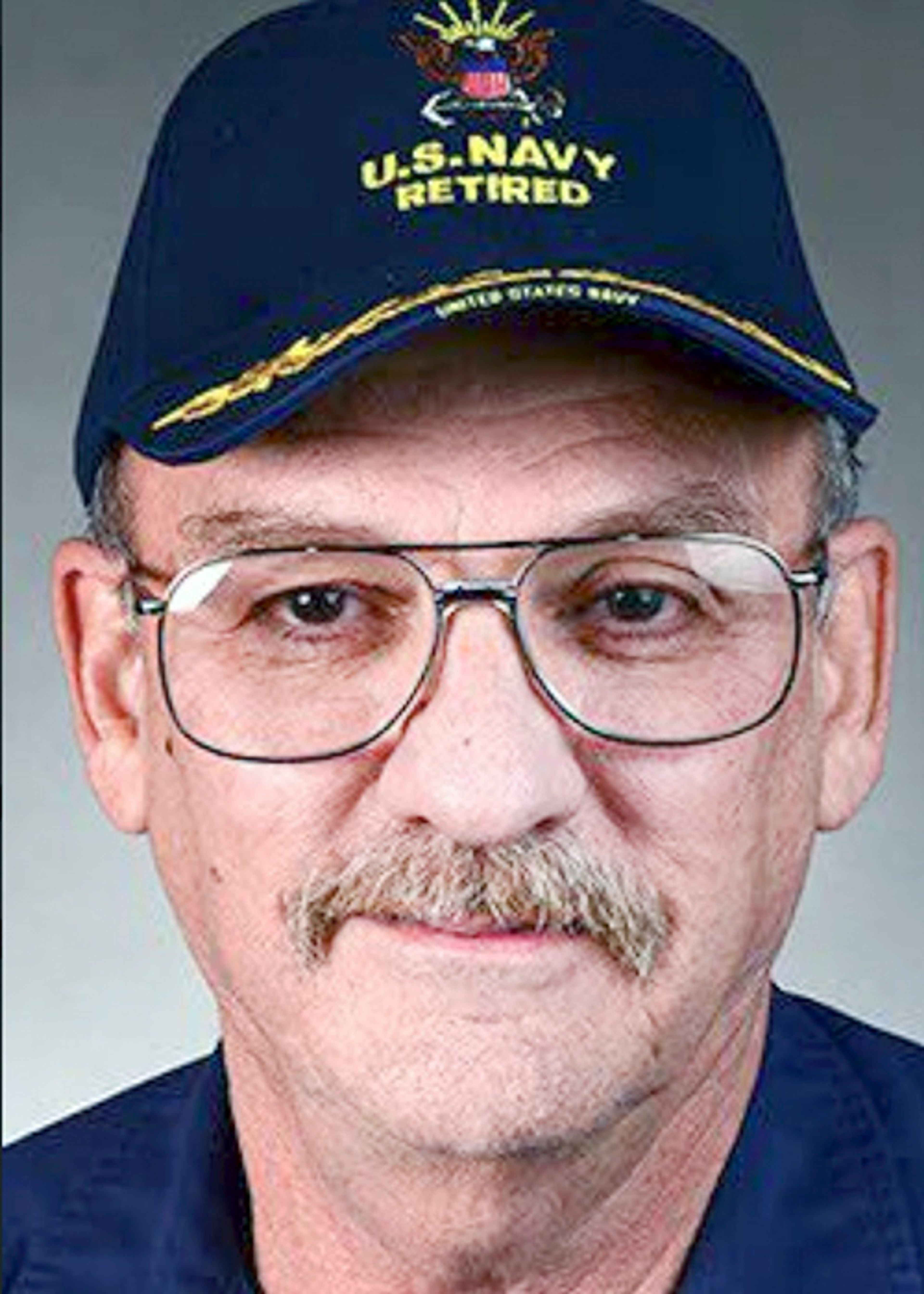Clarkston police chief to retire
Joel Hastings to wrap up 36-year career at the end of March
Longtime Police Chief Joel Hastings’ retirement March 31 was announced Monday night at the Clarkston City Council meeting.
Hastings, 60, has been at the helm of the police department for 22 years and a commissioned officer for more than 36 years. His retirement celebration is planned for March 28 at Clarkston City Hall.
“As I prepare to pass the baton to the next generation of leadership, I do so with optimism,” Hastings said in a letter to Mayor Monika Lawrence. “New leadership brings fresh perspectives and renewed energy, and I am confident that the Clarkston Police Department is well positioned to continue its important mission of protecting and serving the community.”
Hastings expressed his gratitude to the city, his officers and residents for supporting public safety in Clarkston. Law enforcement is a demanding job, and “I have witnessed firsthand their commitment to service, integrity, and professionalism. They risk their own safety, protect victims of abuse, console grieving families, take care of one another, and return each day with dedication.”
As his retirement approaches, Hastings said it’s a bittersweet experience.
“Law enforcement has been an integral part of my entire adult life and stepping away will be a significant change. I will deeply miss the daily challenges and most importantly, the incredible people I get to work with.”
The mayor thanked Hastings for his dedication, saying she successfully talked him into staying longer than he originally intended. Lawrence and the city officials plan to give him a good send-off next month.
In other city business:
City attorney Suni Hanson defended the recent changes to the public comment period at city council meetings, saying the rules are legal and fair to the public.
“Council meetings are not an open street,” Hanson said.
The purpose of the meetings is to conduct city business in an orderly and civil manner, the attorney said. Outside attorneys have reviewed the changes, and agree with the city’s stance. Disruptive comments unrelated to items on the agenda can be shut down, and the council has a lot of discretion to curtail inappropriate conduct, Hanson said. The council accepts oral and written comments, and time limits have been extended for hot topics, such as the pot shop debate several years ago. In addition, sign-up sheets to comment are standard in the state of Washington, she said.
Because high school students often attend the meetings, vulgar language and attacks on individuals need to be taken into consideration, the mayor and city attorney agreed. The council needs to set an example for proper behavior in public settings.
Several people objected to the new requirements, which include filling out a sign-up sheet before speaking. Jesse Shroyer, Melyssa Andrews and her daughter, Chelsea Andrews, said the changes are not fair to the public.
Shroyer said he’s “disheartened” by the guidelines, and said he has a right to say anything he wants, and address individual councilors. “I want you guys to really think about this,” and do your research, Shroyer told the council.
Chelsea Andrews, 17, said the sign-up process is difficult for someone with disabilities, and it’s easier to listen first, and then formulate whether to speak.
Her mother, Melyssa Andrews, said if a community member is pouring his or her heart out, it’s disrespectful for councilors to roll their eyes or interrupt the speaker.
“Look at these people when they are speaking to you,” she said. “There’s a reason they’re talking to you.”
Councilor Robin Albers said the public comment portion of the meeting is important to the council. She believes the city has done a good job supporting an open forum during her three-plus years on the council.
The council is considering changing its meeting start time to 5:30 p.m. Mondays instead of 7 p.m. City employees required to attend the sessions have to stay late, and an earlier time would be a better option, officials said. The change would require a vote from the council.
The first reading of an ordinance outlining city code regulations on pot shops garnered some questions from the public. According to the proposed change, Clarkston would be limited to three cannabis retail stores.
Some folks wondered why it’s the only business with a specific set of such rules in the city. More information will be presented at the next council meeting when the ordinance is up for a vote, officials said.
Hanson said the city hasn’t updated the regulations since recreational marijuana was first allowed in Clarkston. Three retail marijuana stores are currently in operation within city limits.
Sandaine can be reached at kerris@lmtribune.com.









